
An international consumer group has urged the UK to either abolish tariffs or keep them low in order to look after British consumers post Brexit. Responding to the disagreements in the British Cabinet on post-Brexit food tariffs, the Consumer Choice Center...
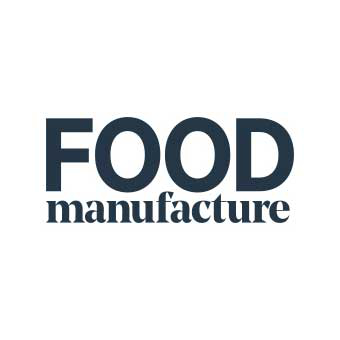
The FDF’s comments were in response to a report by activist group the Consumer Choice Centre (CCC), which claimed imposing tariffs on food would send a signal to the rest of the world that post-Brexit Britain would pursue protectionism ahead...

Should we slash post-Brexit tariffs on food imports to offer consumers cheaper goods? Bill Wirtz, policy analyst at the Consumer Choice Center, says YES. Contrary what the protectionists will tell you, tariffs don’t only hurt the country upon which they...
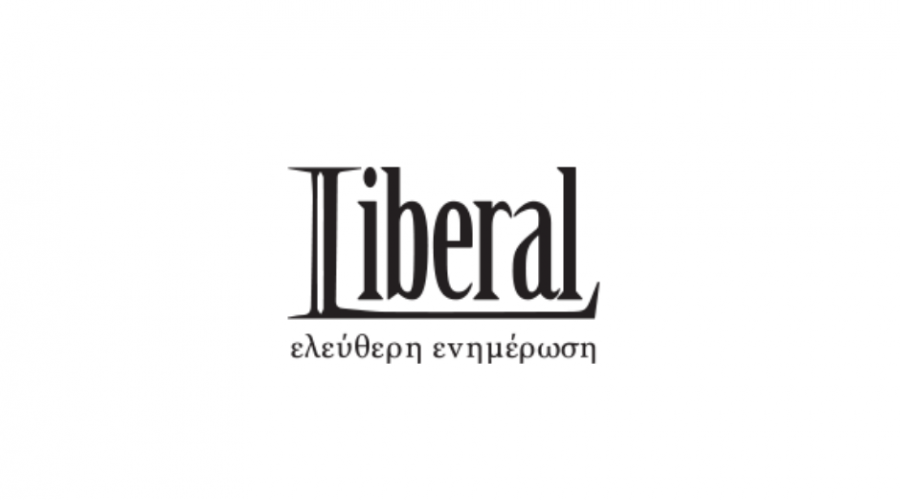
Του Bill Wirtz Η Ευρωπαϊκή Ένωση δηλώνει ότι είναι έτοιμη να ανταποδώσει τα νέα δασμολογικά μέτρα που θα προτείνει / εφαρμόσει η κυβέρνηση Τραμπ. Το να αφήσει όμως τον Τραμπ να “κερδίσει” τον εμπορικό πόλεμο θα ήταν πολύ εξυπνότερο. Ο...
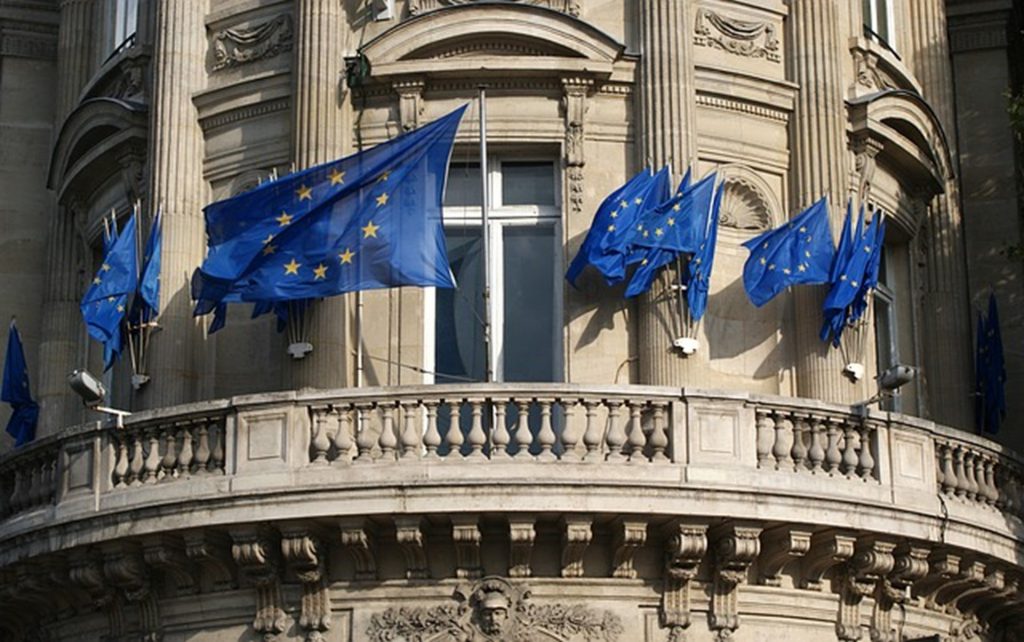
The European Union says it’s ready to retaliate against new tariff measures proposed/instituted by the Trump administration. However, letting Trump “win” the trade war would be far smarter. Trump and Tariffs Mentioning Trump’s name in Brussels (the capital of the...
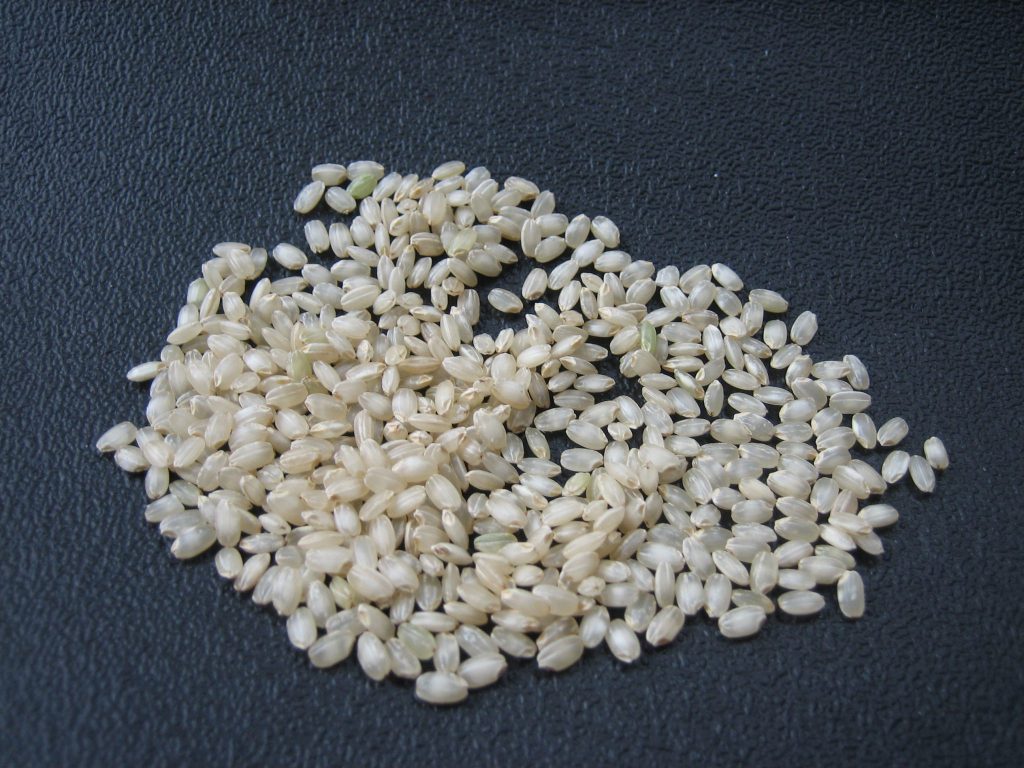
The European Union introduces tariffs on rice from Cambodia and Myanmar in an effort to protect Italian farmers. Another example of “free trade” à la European Union. It was announced last Wednesday that tariffs on rice from Cambodia and Myanmar...

Zeitgleich zum Weltwirtschaftsforum trifft sich Ende Januar unweit von Davos in Genf der geschäftsführende Vorstand der Weltgesundheitsorganisation. Erschütternde Nachrichten über erneute Ebola-Fälle aus dem Kongo sollten vermuten lassen, dass es sich bei diesem Vorstandstreffen hauptsächlich um die effektive Bekämpfung dieser...
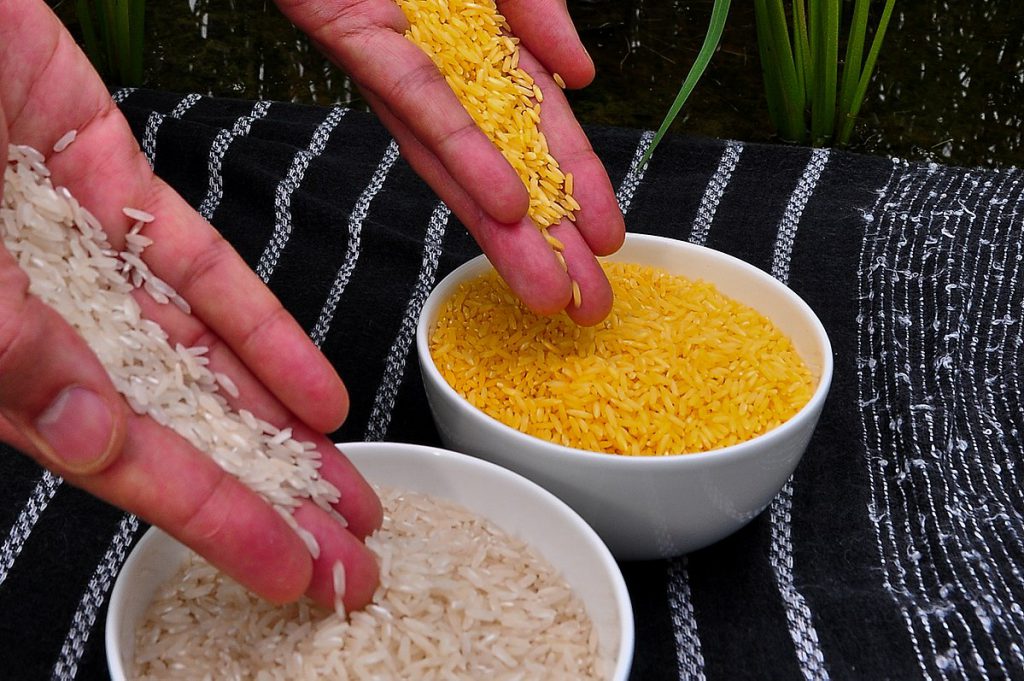
European Affairs Manager of the Consumer Choice Center Luca Bertoletti criticized the request and said that it’s time the European Union stopped pushing forward protectionism. “The reasoning behind trade barriers is to protect a specific industry – in this case...

En réalité, c’est l’Union européenne qui a ouvert les hostilités dans la « guerre commerciale » en pratiquant un protectionnisme déguisé. L’Union européenne dit riposter aux nouvelles taxes douanières américaines sur l’acier et l’aluminium imposées par l’administration de Donald Trump....
Free Trade For Us is a single-issue campaign produced by the Consumer Choice Center and supported by partners to raise awareness about the positive impact of free trade and to show policymakers all over the world that the millennial generation is united against tariffs, trade barriers, and retaliatory measures that only hurt consumers and workers.
© Copyright 2018 All Rights Reserved